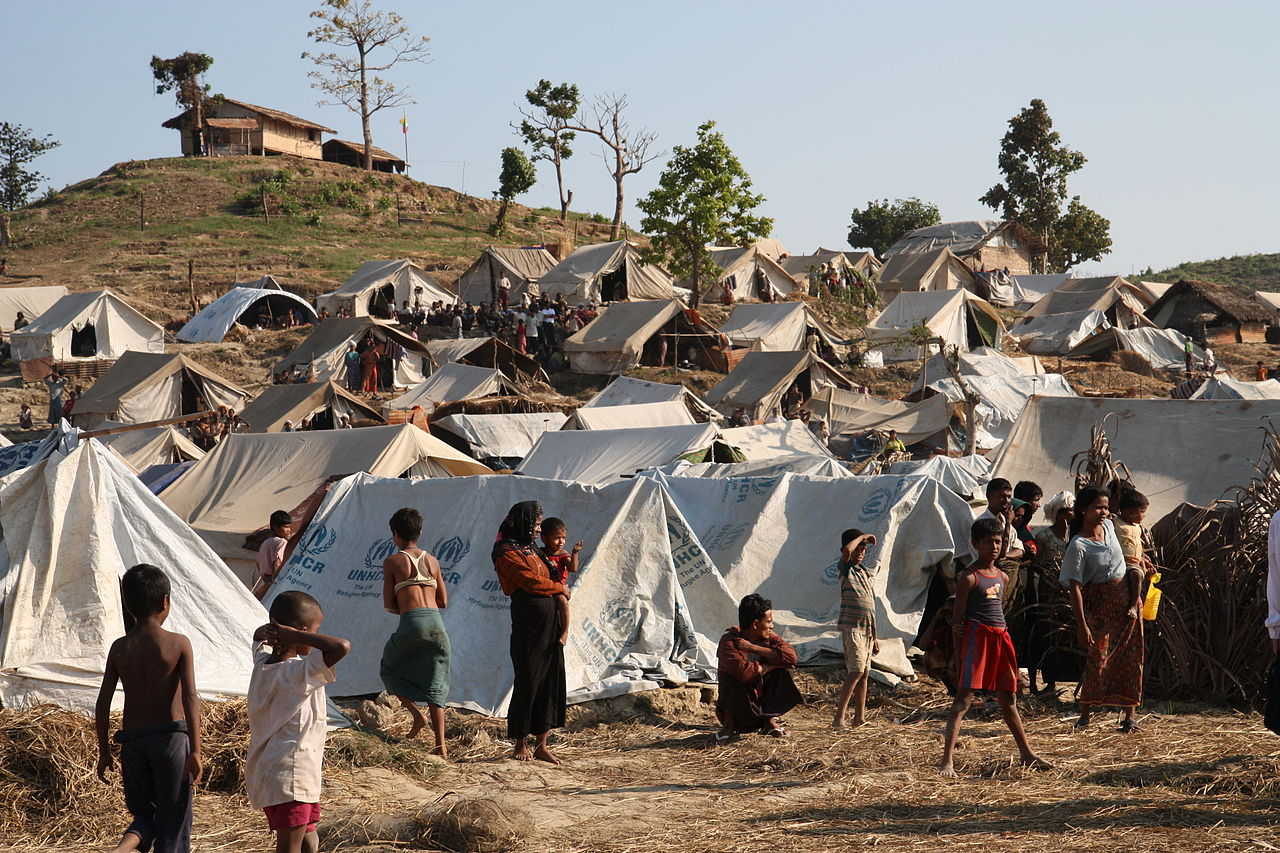Indonesia has been the center of the world’s attention after the country’s Foreign Minister, Retno Marsudi, flew to Myanmar and Bangladesh to find a solution to save the Rohingya Muslims.
Besides having talks with Myanmar’s de-facto leader, the State Counsellor of Myanmar, Aung San Suu Kyi, and other high-ranked military officers, the Indonesian Foreign Minister also supervised the progress of Indonesia’s hospital project in the Rakhine state.
Mrs.Marsudi’s diplomacy efforts earned her worldwide praise. Her visit sparked headlines in the international media outlets. Indonesian Ambassador for Myanmar, Ito Sumardi, stated that Indonesia was the only country whose leader was accepted by the Naypyidaw (Myanmar’s capital city) authority.
Mrs Marsudi points out four crucial points regarding the Rakhine crisis:
- hopes from Indonesia and the international community that the Myanmar administration restores stability and safety in Rakhine state
- the effort to stop violence to solve the crisis
- protection for all communities in Rakhine State, regardless of their race and religions
- open access to humanitarian aid.
The minister explained that the four vital elements were the most urgent to prevent the Myanmar humanitarian crisis from getting worse. Another additional element is the urgent implementation of the final report of Advisory Commission on Rakhine state led by former U.N Secretary-General Kofi Annan.
Furthermore, Mrs.Marsudi elaborated that her visit had two missions accomplished; to convey Indonesian’s concern over what’s going on in Rakhine, and the Myanmar administration’s commitment to tackling the crisis.
The U.N Fact-Finding Team on Human Rights Violation in Myanmar asked for Indonesia’s help to urge Myanmar to open an access to humanitarian assistance.
Indonesia’s role in resolving Rakhine crisis is seen as vital because the largest Southeast Asian country always responds to communal clash in the Rakhine state, said Head of the U.N Fact Finding Team on Rakhine, Marzuki Darusman.
Speaking to reporters in a discussion on September 8, 2017, Darusman stated that the team he is leading would discuss with the Indonesian government to find out how the authority could facilitate the team to enter Myanmar.
As the U.N General Assembly started on September 12, 2017, Mrs.Marsudi stated that there will be an official statement from Mrs.Suu Kyi related to Rakhine conflict from Myanmar on September 19, 2017.
Suu Kyi has been under strong criticism for being too silent in responding to the human rights violation in her backyard. Some of the world’s well-known figures including fellow Nobel peace prize laureates Desmond Tutu and Malala Yousefzai urged Suu Kyi to act.
The 85-year-old South African archbishop Tutu wrote a letter to Suu Kyi, urging her to intervene and take action to stop ethnic cleansing in her country.
It is understood that Suu Kyi’s silence is due to her lack of control over the military. Despite the fact that her political party won the election in 2015, Daw Suu can’t be enacted as the leader because she married a foreigner.
Can Indonesia push other ASEAN members to do more to help Rohingyas?
Indonesia had done their best to help Myanmar’s persecuted Rohingyas, even before the U.N asked them to. Two Hercules planes carrying Indonesia’s assistance for Rohingya are expected to arrive on September 15, 2017, in Bangladesh, where Rohingyas are seeking refuge.
Myanmar’s trust in Indonesia is expected to push ASEAN members to pay more close attention to human rights violation, some activists stated.
So far, ASEAN seems unable to do much to help to tackle Rakhine crisis because of the organization’s non-intervention policy as stipulated in the ASEAN Charter (1967).
However, as the world is changing, it’s unlikely to maintain that principle. The Rakhine conflict could have been anticipated if ASEAN could react faster when dealing with the humanitarian crisis.
Indonesia is mostly remembered by the Myanmar administration for the role in paving the way for democratization and increasing the role in ASEAN. Then Indonesian President, Susilo Bambang Yudhoyono, sent letters three times to Myanmar’s Senior General, Tan Swee, in order to make sure that Myanmar can maintain good relationships with the international community.
Yudhoyono said that at that time many doubted Indonesia’s soft diplomacy over Myanmar. However, history showed that a persistence could change the face of Myanmar and soft diplomacy worked more effectively than harsh sanctions like those imposed by the European Union and the U.S which were not able to tame the Myanmar regime.
Therefore, it is the right time for Indonesia to bridge communications between ASEAN and other countries who want to participate in resolving the Rakhine conflict.




